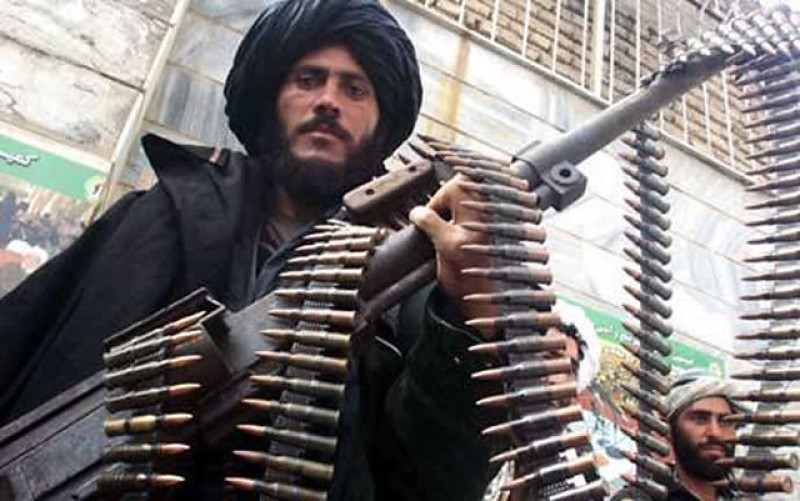
Thursday saw a deadly turn of events in Afghanistan, where ISIS Khorasan or ISIS-K, a branch of the Islamic State, sent in two suicide bombers and gunmen to Kabul's airport to attack those who were trying to flee the country that in recent weeks have fallen under Taliban rule.
The attack killed 13 U.S. troops and at least 60 Afghans, with dozens more wounded. The attack came after Western officials warned of a potential attack, calling on those in the airport to evacuate immediately.
According to the Associated Press, ISIS-K claimed responsibility for the suicide bombings near Kabul Airport on Thursday through its Amaq news channel. The ISIS-K is a group that is far more radical than the Taliban, who were not believed to be associated with the suicide bombings and attacks. U.S. officials said 11 Marines and one Navy medic perished from the ISIS-K terrorist attack, with another service member passing away just hours later. Up to 18 U.S. service members and 140 Afghans were wounded from the attacks.
"Two suicide bombers, assessed to have been ISIS fighters, detonated [a bomb] in the vicinity of the Abbey Gate at Hamid Karzai International Airport and in the vicinity of the Baron Hotel, which is immediately adjacent," Marine Corps Gen. Kenneth McKenzie Jr. said during a press conference on Thursday, as reported by the Christian Post. Just last week, American citizens were rescued from the Baron Hotel after they failed to make it past the Taliban checkpoints.
The U.S. general facilitating evacuations in Afghanistan said that the suicide bombings near Kabul Airport will not deter the Western forces from continuing on to take people to safety out of the country. Flights were continuing and security was tightened around the airport, where alternate routes were established to get evacuees safely inside.
"While we're saddened by the loss of life, both U.S. and Afghan, we're continuing to execute the mission. Our mission is to evacuate U.S. citizens ... special immigrant visa holders, U.S. embassy staff and Afghans at risk," McKenzie said during the press conference. He reiterated the State Secretary's report that there were about "a thousand, probably a little more than 1,000 American citizens left in Afghanistan" to date.
"The threat from ISIS is extremely real," McKenzie warned. "We've been talking about this for several days. We saw it actually manifest itself here today, in the last few hours with an actual attack."
McKenzie added that the Pentagon is working with the Taliban for counterterrorism measures against the ISIS-K and that it was part of their mission to "do everything we can to prepare for those attacks." He said that "reaching out to Taliban" ensured that "they know what we expect them to do to protect us and we will continue to coordinate with them."
McKenzie admitted that the U.S. shared national security information with the Taliban so that they could "do some searching out there for us," adding that he believed that "some attacks have been thwarted" by the militant group. He assured however that they've "cut down the information" that they provide to the Taliban for security reasons.






















